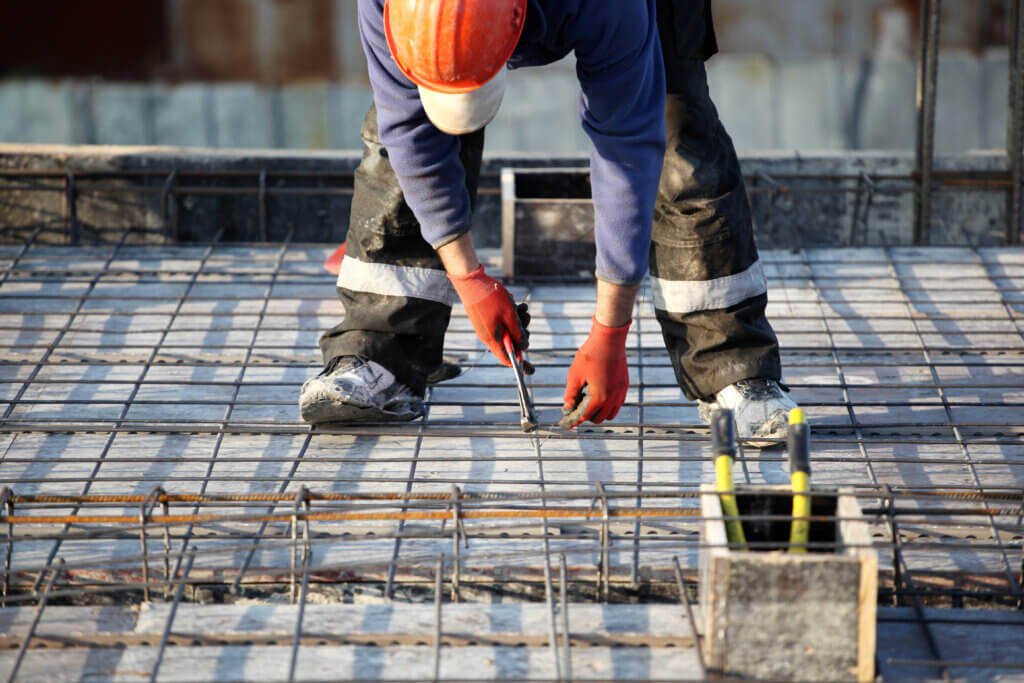
It’s a common frustration when starting in on a construction project: the time frame is always longer than you were hoping, and everybody warns that delays might happen.
No matter what you do, construction will take time because every step is a lengthy process, from financing to permitting to hiring and building. But if you’re looking at this page, we all know what you’re really here to ask.
Can I Speed It Up?
Most of these steps will take a while no matter what you do, but there are ways to speed up the building process, starting from the day you set out to build.
Prior to deciding to even look into building, you’ll want to start by checking your credit score and the money you’re able to dedicate to this project. This will help you overcome any hurdles to financing before you get too deep into daydreaming.
Once you’re ready to get going, start by looking for financing through banks or credit unions that you already use. While there are tons of great options around the country, starting with your personal bank means you won’t have to open an account, they already have years of financial data that will help speed up your approval process, and if you have any issues they’re more likely to respond to your concerns and answer questions quickly because you’re already a valued customer.
With bank approval secured, the next step is to select a qualified contractor that can help you design your project.

What's the Biggest Delay?
Unless you’re trying to build a Hollywood-style mansion, you’ll probably want to skip the architect. Many people start with an architectural firm or designer, but on the average project this is one of the biggest time sinks because architects often aren’t aware of current material and labor costs, and their designs frequently require extensive modification to fit your budget.
Several years ago we moved to doing all of our designs in-house for this reason and it has made a huge difference in our ability to finish projects quickly. Because it allows us to estimate costs accurately for our clients and eliminate the time spent trying to get in touch with the designer, or running necessary changes by additional decision makers before making necessary changes, it makes every stop of the process quicker.
Beyond that, because changes are almost always a necessary part of the design process, having one contact to answer questions and change the plan simplifies the project for the homeowner and saves even more time over the length of the construction.
This also ties into permitting, the next step in the process. Permitting can often take several weeks, but when your contractor is familiar with the design they’ll be able to quickly answer any questions or concerns without having to contact anybody else and wait for a response.
Is That All I Can Do?

Once the permits have been issued, construction starts. At this point, the most important thing you can do is to make sure that your worksite is ready for construction.
If you’re renovating or adding onto an existing structure, ensuring that your current home or outbuilding is cleared out and workers will be able to quickly and easily access the work site will guarantee that they’re able to get to work as quickly as possible and work as efficiently as possible while on the job.
If you’re building new, making sure that the site is open and has easy access from the road will be critical in ensuring that your team can build your property quickly. A good contractor will be able to walk you through any preparatory steps needed before construction day arrives.
This is the part that’s going to take time. Even the best preparations can be delayed due to inclement weather, and unless you’re ready to hire a team to work overnight (which will balloon your budget and may not be possible in your area), there are only so many hours in the day. And even if you are prepared to do that, many materials, from concrete to glue, need time to set or cure before anything else can be done.
What Can the Contractor Do To Speed Up Construction?
As you work through your project, your contractor should be providing you with regular updates so that you’re aware of what projects are currently underway and which ones you can expect in the coming weeks. Being prepared for these as they come up can drastically reduce the time spent waiting for vehicles to get into position and workers to get on the job.
And, if you do need to move a vehicle or approve a quick change on the fly, it’s important that your contractor can contact you quickly to get those issues resolved as soon as possible so they don’t hold up work unnecessarily. If you have multiple contact points, providing them to your contactor will help with this, and if you have a spouse, providing their contact information and making sure you’re both comfortable with the other making decisions will make this far quicker, as well.
All in all, construction is a lengthy process just by its nature. But with preparation, consolidation and good communication, you can ensure it doesn’t take any longer than it has to.

